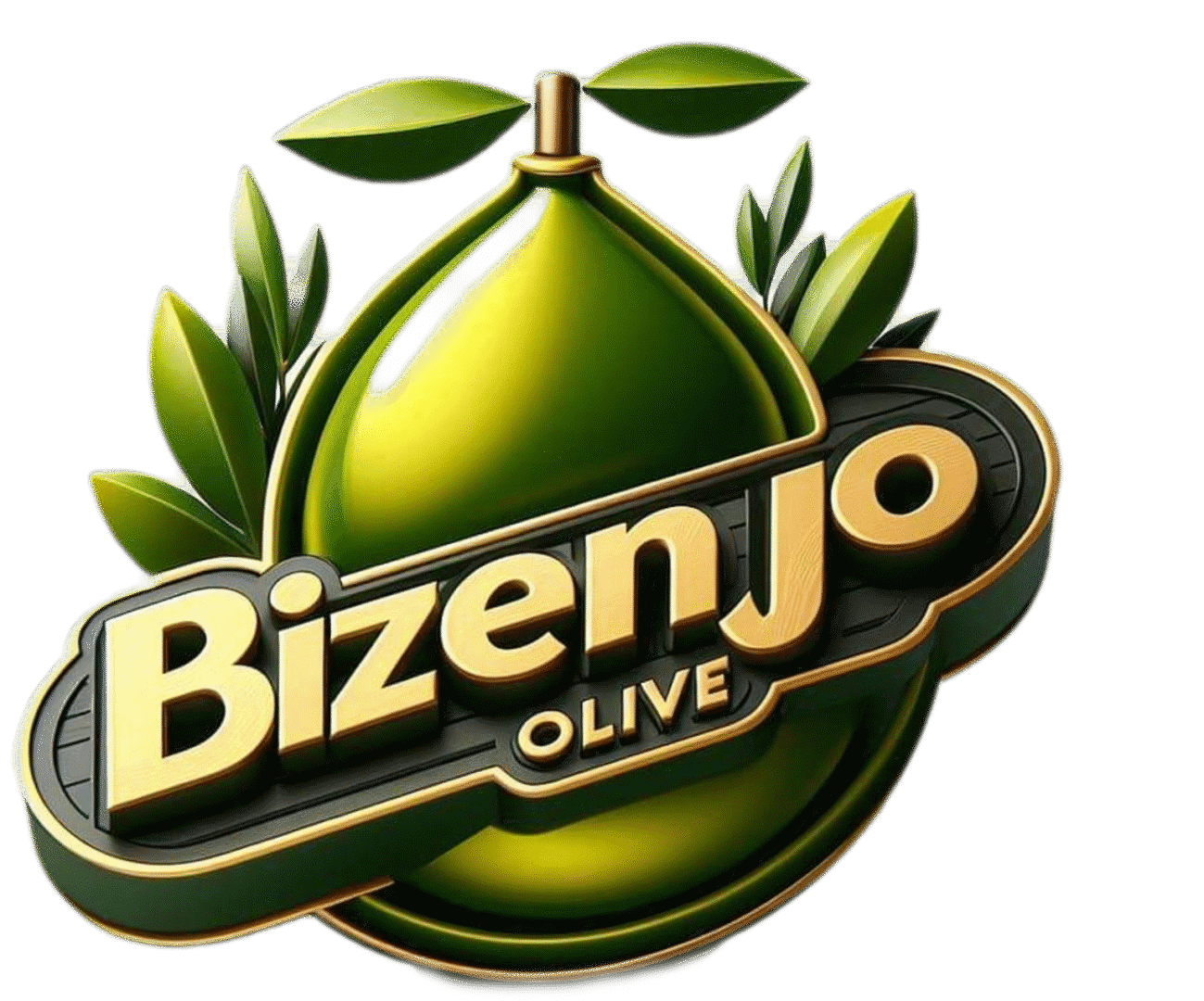Why Olive Agriculture is the Future of Farming
In an era where sustainability, profitability, and climate resilience are at the forefront of agricultural innovation, olive farming stands out as a powerful solution. This blog explores why olive agriculture is rapidly emerging as the future of smart farming, especially in regions like Balochistan, where traditional crops face increasing challenges. From its drought resistance to its economic and health benefits, olive cultivation offers farmers a long-term, eco-friendly alternative that aligns with global agricultural trends. Whether you’re a seasoned grower or a curious reader, this article will provide you with valuable insights into the transformative potential of olives in modern farming.
1. A Global Shift Toward Sustainable Crops
As climate change reshapes the global agricultural landscape, farmers are under pressure to find crops that are both sustainable and profitable. Olives, with their minimal water requirements and long lifespan, have become a top choice in many Mediterranean and arid regions. Countries like Spain, Italy, Morocco, and now Pakistan are investing in olive agriculture to ensure long-term food and economic security.
2. Why Olives? Environmental and Economic Benefits
Olive trees are incredibly resilient. They can thrive in rocky soils, require minimal irrigation, and are naturally resistant to many pests. Economically, olive oil is a high-value product with global demand in food, health, and beauty industries. Farmers can benefit from consistent yields and long-term profits with relatively low input costs.


3. Ideal Climate Conditions – Why Balochistan Is Perfect
Regions like Khuzdar in Balochistan offer ideal conditions for olive farming: sunny days, dry climate, and mineral-rich soil. These natural advantages reduce the need for chemical inputs and allow for organic cultivation. With proper planning and drip irrigation, farmers in Balochistan can turn barren lands into profitable olive orchards.
4. Technological Advancements in Olive Farming
Modern techniques such as drip irrigation, solar-powered water pumps, and smart fertilization plans have revolutionized olive cultivation. These innovations not only save water but also increase yield and quality. Farmers in Pakistan are now adopting these global practices with government and private sector support.
5. Health and Market Demand
The global demand for olive oil is growing rapidly due to its health benefits. Rich in antioxidants and healthy fats, olive oil is considered a superfood. With consumers shifting toward organic and heart-friendly diets, olive products are enjoying premium market prices both locally and internationally.
6. Government Support and Investment Opportunities
Pakistan’s government has launched multiple olive plantation initiatives under programs like the “Olive Cultivation on Commercial Scale” and is offering subsidies on plants and drip irrigation systems. This is an excellent opportunity for farmers, agribusiness investors, and landowners to diversify income sources and increase land value.
🌱 Conclusion
Olive agriculture is more than just a trend—it’s a sustainable revolution in farming. With environmental challenges, market pressures, and technological advancements shaping the future, olives offer a practical and profitable path forward. For regions like Khuzdar and across Balochistan, the future truly is green—and it smells like olives.
👉 For a complete step-by-step guide in Urdu on how to grow olives in Khuzdar, click here.
